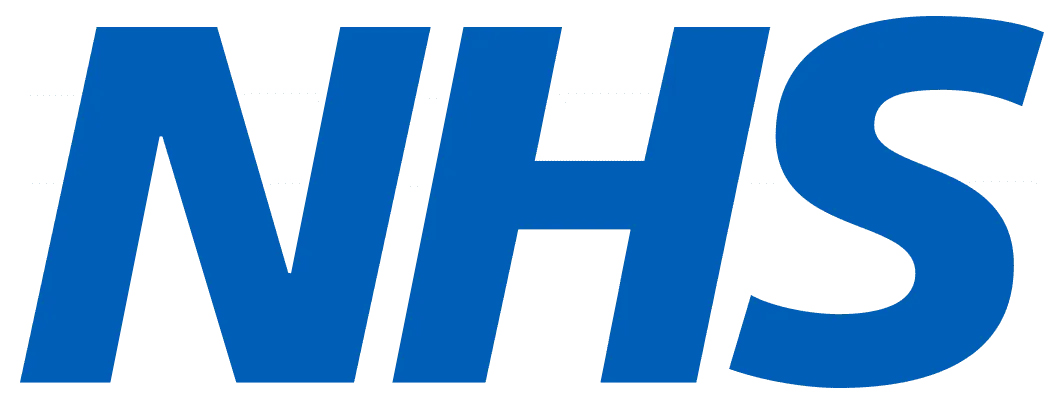Lifestyle and Eyes
Smoking and Eye Health
Smoking is a significant risk factor for sight loss, with tobacco smoke containing up to 4,000 toxic compounds that can damage your eyes. Smokers are up to four times more likely to develop age-related macular degeneration (AMD), the leading cause of sight loss in the UK. AMD affects the macula, part of the retina, impairing detailed vision needed for activities like reading and recognizing faces.
Additionally, smokers have a higher likelihood of developing cataracts, where the eye’s lens becomes cloudy, potentially requiring surgical removal. The best step for your eye health is to quit smoking. Many optometrists work with the NHS to provide support for smoking cessation, and resources are available at NHS.uk’s Live Well section and lookafteryoureyes.org.
Nutrition and Eye Health
Eating a variety of colourful fruits and vegetables, especially dark green leafy ones, supports general and eye health. However, there is limited evidence linking diet directly to eye health. While some supplements claim to benefit eye health, only specific ones have been shown to potentially slow AMD progression in certain individuals. Consult your optometrist about the suitability of supplements for you, especially avoiding beta carotene if you smoke or have been exposed to asbestos.
Weight and Eye Health
Maintaining a healthy weight is crucial for both general and eye health. Being overweight increases the risk of diabetes and high blood pressure, which can lead to eye conditions like AMD, cataracts, and diabetic retinopathy. Proper weight management can also help control blood pressure, reducing the risk of eye damage.
Diabetes and Eye Health
Diabetics are more prone to cataracts and glaucoma, and may develop diabetic retinopathy, which can cause sight loss if untreated. Regular retinal screening and maintaining controlled blood sugar levels are essential. The NHS provides diabetic retinopathy screening for those aged 12 and over, which involves photographing the retina to detect early signs of the condition.
High Blood Pressure, High Cholesterol, and Eye Health
High blood pressure and cholesterol levels can lead to strokes and eye conditions like AMD and glaucoma. A stroke affecting the brain’s vision center can cause significant vision problems. Keeping blood pressure and cholesterol under control helps prevent these issues.
UV Light Exposure
Prolonged exposure to ultraviolet (UV) light can contribute to cataracts and possibly AMD. Protect your eyes outdoors with a wide-brimmed hat and CE or UKCA marked sunglasses to ensure safety standards.
Screen Use
There is no evidence that screen use damages eyes, though it can be tiring. To alleviate strain, follow the 20:20:20 rule: every 20 minutes, look at something 20 feet away for 20 seconds. Adjusting screen settings can also help. Your optometrist can advise if you need glasses for screen use.
Regular Eye Examinations
Regular eye exams are vital for maintaining eye health and detecting conditions early. Consult your optometrist for personalized advice and to address any concerns about your vision.
For more detailed information or concerns, visit your local optometrist or lookafteryoureyes.org. Optometrists are specialized in eye health, and regular eye exams should be part of everyone’s health routine.


Vision after treatment

Before cataract surgery vs after cataract surgery
